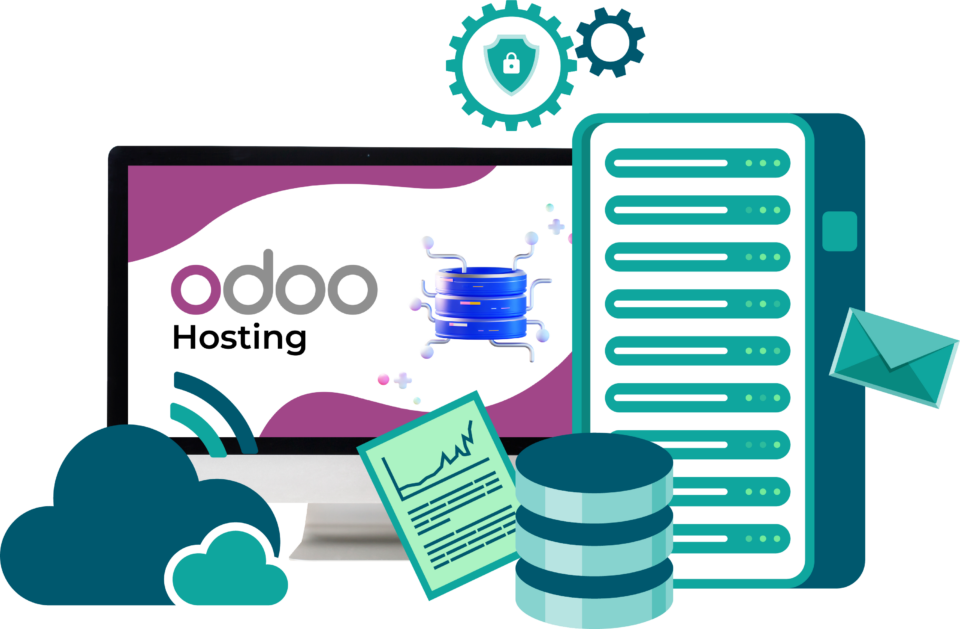This paper explores strategies for optimizing Odoo hosting to enhance performance and efficiency. Odoo is a popular open-source ERP (Enterprise Resource Planning) platform used by businesses worldwide for various business processes. Managed hosting services offer convenience and reliability but may require optimization to ensure optimal performance. This paper discusses key considerations and best practices for optimizing Managed Odoo Hosting, including server configuration, resource allocation, caching mechanisms, database optimization, and monitoring tools. By implementing these optimization strategies, businesses can maximize the performance of their Odoo deployments and improve overall productivity.
Server Configuration:
Optimizing server configuration is essential for maximizing Odoo performance. This includes selecting appropriate server specifications, such as CPU, RAM, and storage capacity, based on the size and complexity of the Odoo deployment. Additionally, optimizing server software, such as web servers (e.g., Nginx, Apache), database servers (e.g., PostgreSQL), and application servers (e.g., Python), can improve overall system performance.
Resource Allocation:
Proper resource allocation is critical for ensuring optimal performance and scalability. Managed hosting providers should allocate adequate CPU, RAM, and storage resources to accommodate peak usage periods and prevent resource contention. Additionally, implementing load balancing and auto-scaling mechanisms can help distribute resources efficiently and accommodate fluctuations in demand.
Caching Mechanisms:
Utilizing caching mechanisms can significantly improve Odoo performance by reducing the load on the server and speeding up data retrieval. Implementing HTTP caching, database caching, and object caching can help minimize latency and improve overall responsiveness. Furthermore, leveraging content delivery networks (CDNs) can distribute cached content globally, further improving performance for geographically dispersed users.
Database Optimization:
Optimizing the database is crucial for enhancing Odoo performance, as it serves as the backbone of the ERP system. Techniques such as indexing, query optimization, and database tuning can improve database efficiency and reduce query execution times. Additionally, implementing database replication and clustering can enhance fault tolerance and scalability.
Monitoring Tools:
Deploying robust monitoring tools is essential for proactively identifying performance bottlenecks and optimizing managed Odoo hosting environments. Monitoring tools can track key performance metrics such as CPU usage, memory utilization, disk I/O, and network throughput in real-time. Additionally, implementing alerting mechanisms can notify administrators of potential issues before they impact system performance.
Conclusion:
Optimizing managed Odoo hosting is essential for maximizing performance and efficiency. By implementing strategies such as server configuration, resource allocation, caching mechanisms, database optimization, and monitoring tools, businesses can ensure optimal performance of their Odoo deployments. Ultimately, optimized hosting environments enable businesses to leverage the full capabilities of Odoo and improve overall productivity and competitiveness.

